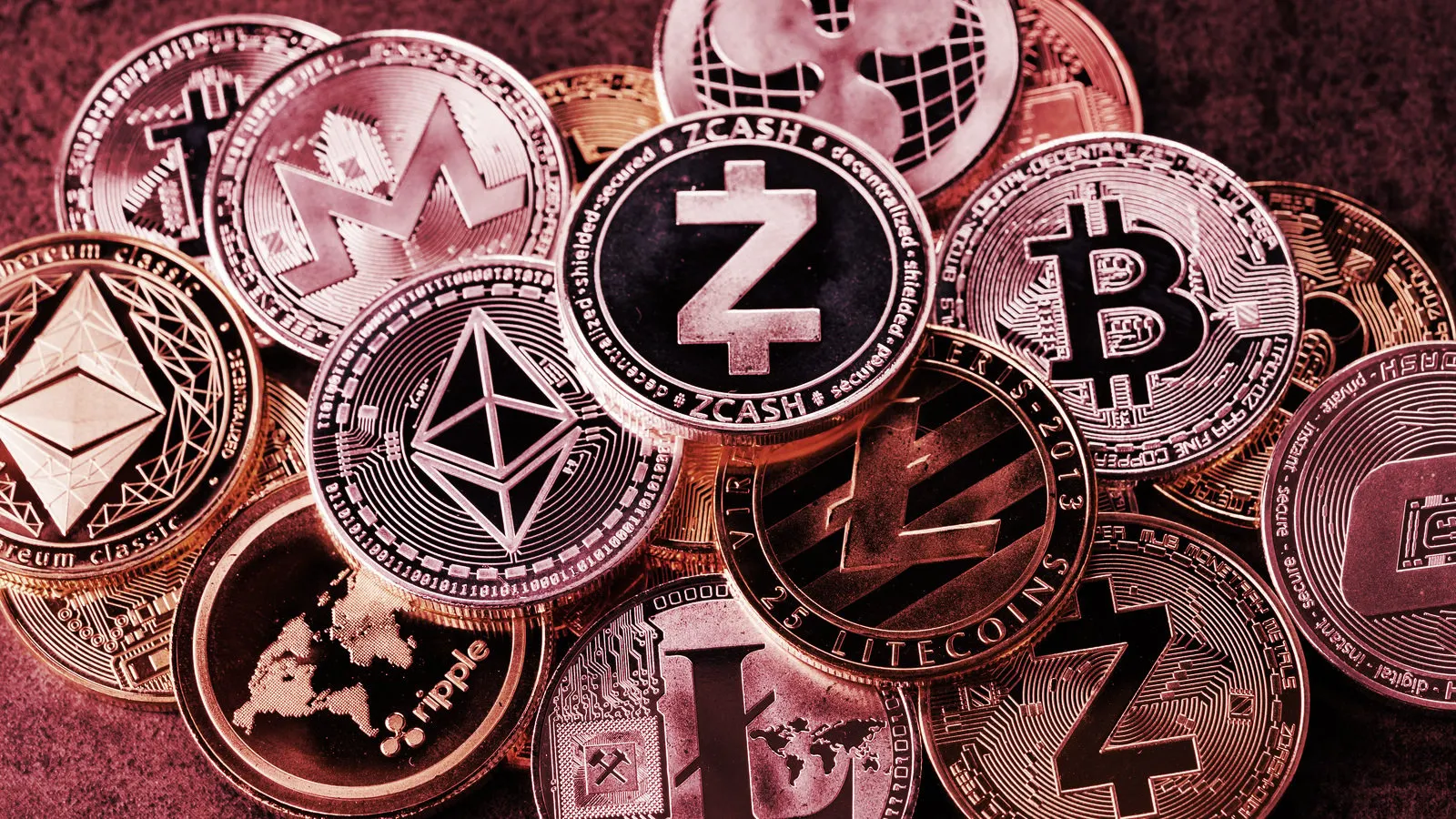In brief
- After breaking above the $1 trillion mark, the total market cap of crypto will double within six months, predicts ShapeShift's CEO.
- Bitcoin and Ethereum are already ranked among the top 100 largest assets in the world.
- At $2 trillion, Bitcoin's market cap could reach $1.4 trillion—more than 10% of gold's market cap.
The global cryptocurrency market capitalization crossed the $1 trillion mark yesterday in a major breakthrough. It took a decade to do so.
But Erik Voorhees, CEO of self-custody crypto platform ShapeShift, predicted today that it will repeat this feat—in just six months.
“Crypto Market Cap: $1 Trillion. Took ten years. It will take less than six months to get to $2 Trillion,” Voorhees wrote.
In the real world, market capitalization is the total dollar value of a firm’s stocks, calculated by multiplying the total number of its outstanding shares by the current market price of each share. For cryptocurrencies, it similarly refers to the total number of coins in circulation multiplied by the current market price of each coin.
The total market cap of all cryptocurrencies—at least the ones tracked by crypto analytics platforms—broke above the $1 trillion mark yesterday. Since there is around $95 trillion worth of money in the world today, this translates to roughly 1% of that money concentrated in crypto.
Notably, the two largest cryptocurrencies—Bitcoin (BTC) and Ethereum (ETH)—have already entered the list of top 100 largest assets by their market caps. On different tracking platforms, Bitcoin is ranked 8—or 11—which means the total value of all BTC in circulation is bigger than the value of companies like Visa, Mastercard, Verizon Communications, and many others.
If Bitcoin retains its dominance of around 70% by the time Voorhees’s prediction comes true, that would push its market cap to roughly $1.4 trillion, allowing it to enter the top 5 of largest assets—or at least close to it if we take gold and silver into account.
As Decrypt reported, chaos on Capitol Hill has pushed Bitcoin’s price even further today, giving Voorhees’s prediction a glimmer of hope.
Disclaimer
The views and opinions expressed by the author are for informational purposes only and do not constitute financial, investment, or other advice.
Daily Debrief Newsletter
Start every day with the top news stories right now, plus original features, a podcast, videos and more.

